Publications
Articles, publications, books, tools and multimedia features from the U.S. Institute of Peace provide the latest news, analysis, research findings, practitioner guides and reports, all related to the conflict zones and issues that are at the center of the Institute’s work to prevent and reduce violent conflict.
Question And Answer
Amid a Changing Global Order, NATO Looks East
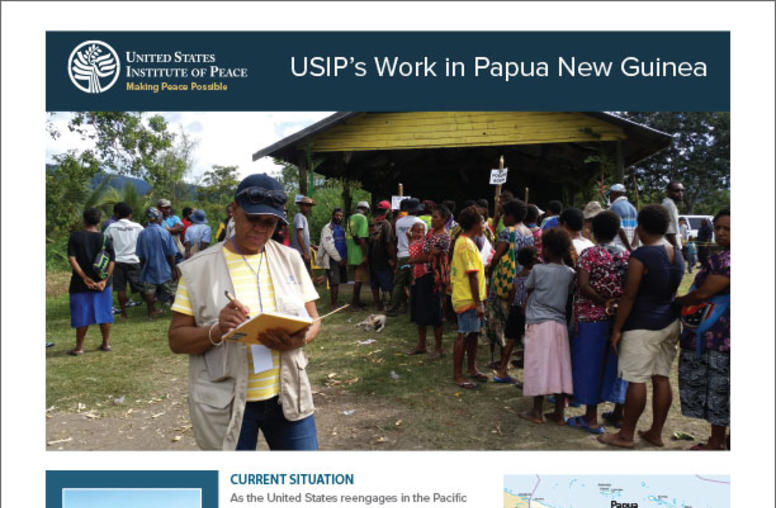
The Current Situation in Papua New Guinea
As the United States reengages in the Pacific Islands, Papua New Guinea is emerging as an increasingly important U.S. partner. It is the region’s largest country, with a landmass about the size of California and a population estimated to be somewhere between 10 and 17 million. In April 2022, Papua New Guinea was designated as one of the focus countries under the U.S. Strategy to Prevent Conflict and Promote Stability (SPCPS). In May 2023, the United States and Papua New Guinea signed a Defense Cooperation Agreement.
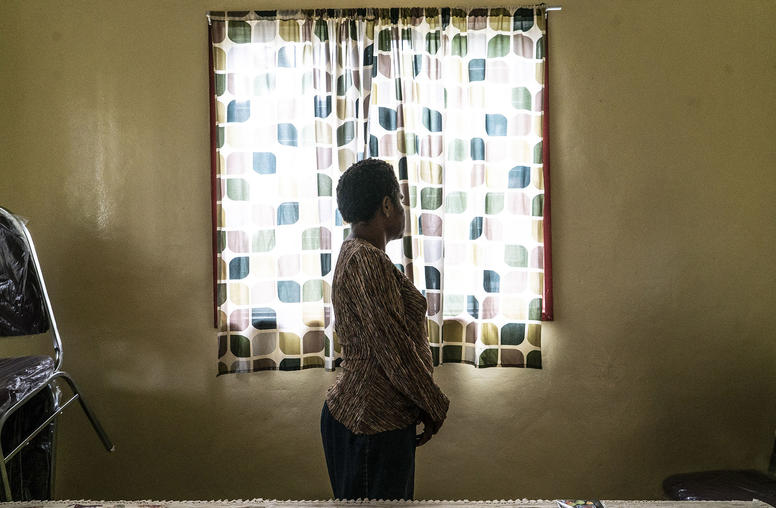
Addressing Gendered Violence in Papua New Guinea: Opportunities and Options
Each year, more than 1.5 million women and girls in Papua New Guinea experience gender-based violence tied to intercommunal conflict, political intimidation, domestic abuse, and other causes. It is, according to a 2023 Human Rights Watch report, “one of the most dangerous places to be a woman or girl.” Bleak as this may seem, it is not hopeless. USIP’s new report identifies several promising approaches for peacebuilding programming to reduce gender-based violence and effect meaningful and lasting change in Papua New Guinea.
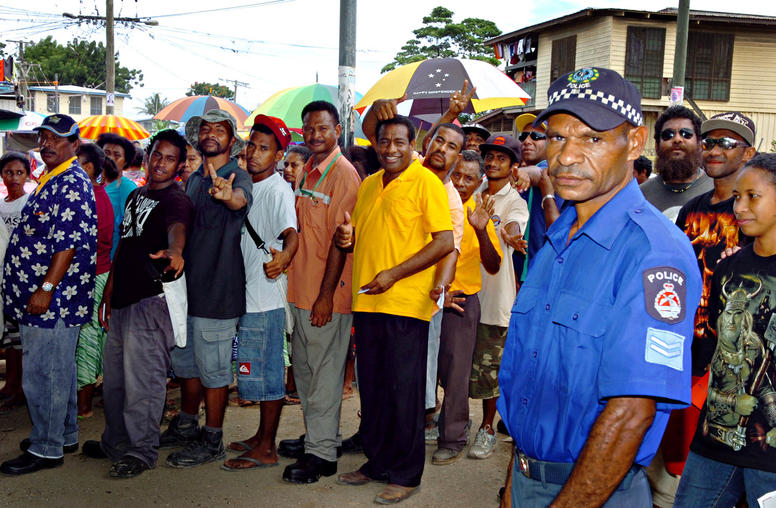
In the Pacific, Corruption and Poor Policing Open a Door to China
After the Pacific’s largest island nation, Papua New Guinea, recently suffered deadly rioting that included police, an official last week announced a Chinese offer to help strengthen its police force. That sequence exemplifies a rising challenge for democracy and stability in the Pacific: Many island nations suffer corruption and deficient policing that undermines the rule of law. This gap in responsive governance lets China seek influence through technical assistance drawn from its authoritarian model of policing. In response, democracies must reshape narrow, outdated approaches to security assistance.
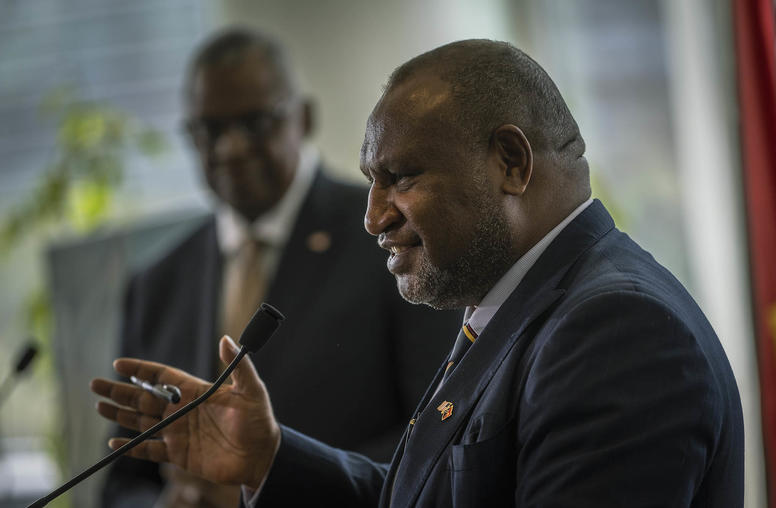
Riots in Papua New Guinea Are a Warning: Urgent Change is Needed
Riots erupted in Papua New Guinea's capital yesterday, laying bare the hollowness of governance that is failing to meet public needs, thus risking deeper violence and instability. U.S attention to the Pacific Islands' largest and most populous nation is increasing, partly because it is an arena for geopolitical competition with China. While Papua New Guinea's leaders are good at rolling out the red carpet for visiting partners, the state fails lamentably in providing basic services for its people. This week’s violence is a wake-up call for U.S and international policymakers to re-focus on this root of the country’s instability.
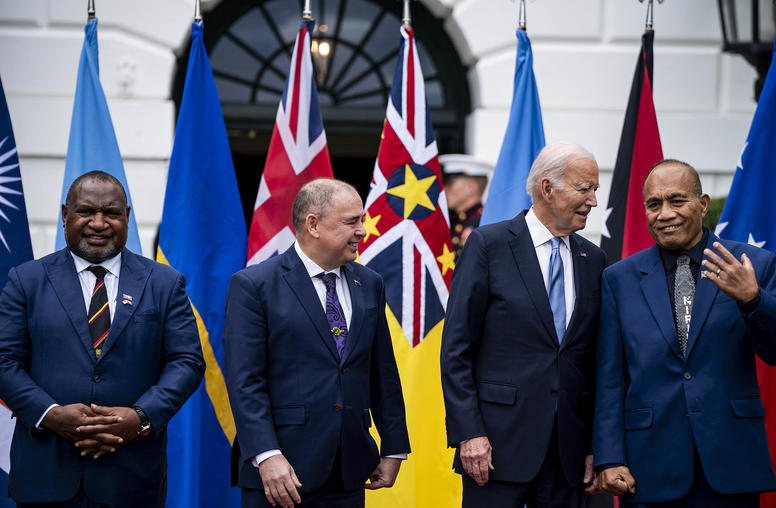
Deepening the U.S.-Papua New Guinea Relationship
As the largest, most populous and most strategically located nation in the region, Papua New Guinea (PNG) is, not surprisingly, at the epicenter of reinvigorated U.S. efforts to reengage the Pacific Islands. The year 2023 has been a big year for the U.S.-PNG bilateral relationship. However, given recent pushback against U.S. initiatives in PNG, deepening the relationship will require some work.
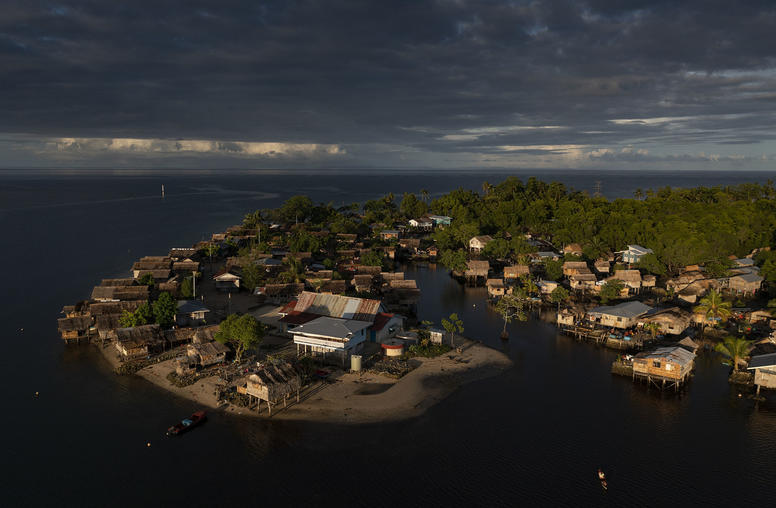
Pacific Island Nations Seek Climate Solutions Outside of COP28
While the Pacific Islands are responsible for less than 1 percent of total global greenhouse gas emissions, they face disproportionate impacts from climate change. These impacts are wide ranging: rising sea levels, salinization and dwindling availability of fresh water, increasing and more intense tropical storms, floods, drought, ocean acidification and coral reef bleaching. Already, NASA finds that sea level rise in Tuvalu is 1.5 times faster than the global average — and is expected to more than double by 2100.
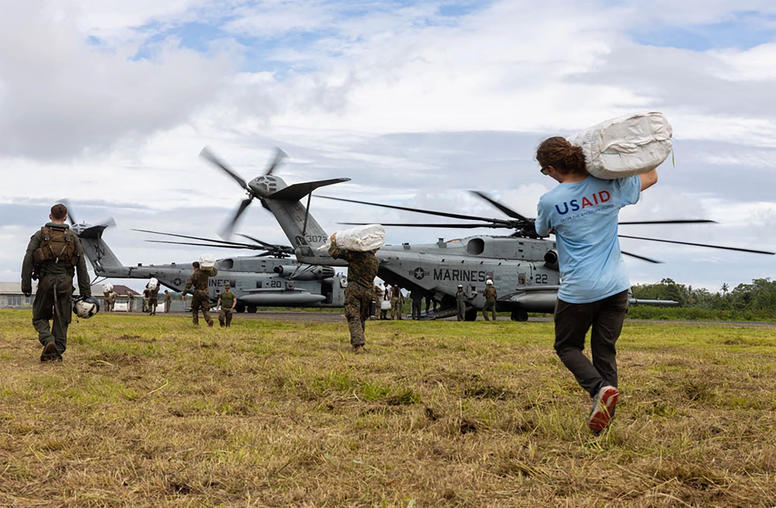
Bougainville Seeks U.S. Support Amid Strategic Rivalry in the Pacific
“In 2019, our people voted — we believe in democracy,” Ishmael Toroama, president of the Autonomous Region of Bougainville, said in a speech at Georgetown University in Washington on November 9. Toroama was referring to the 2019 referendum in which 97.7 percent of Bougainvilleans, with 87.4 percent turnout, voted for independence from Papua New Guinea in a powerful confirmation of their long-held desire for self-determination. This desire has been largely ignored by the world, but in order to realize it, Bougainville needs strong international partners.
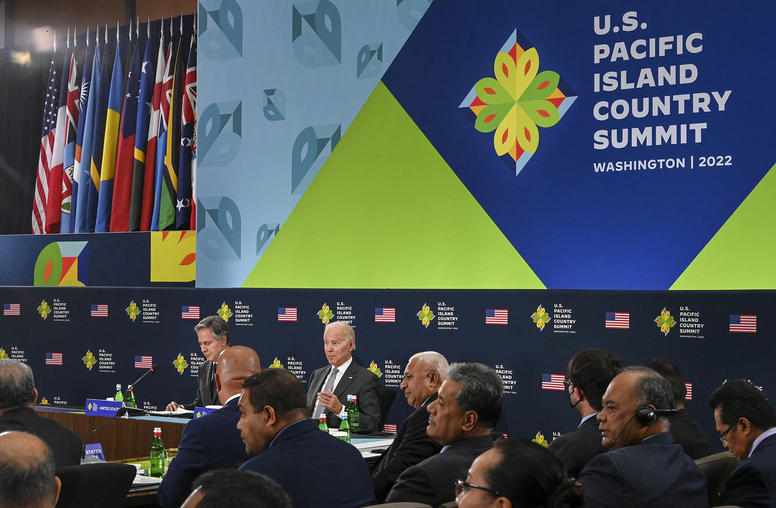
Washington Picks Up the Pace in the Pacific
Senior Biden administration officials are back in the Pacific Islands region this week. Once a seemingly far-flung corner of the globe, the United States has in recent years prioritized engagement to counter China’s foothold in a region Washington long neglected. Secretary of Defense Lloyd Austin is the first U.S. defense chief to visit Papua New Guinea, where Secretary of State Antony Blinken went in late May and signed a bilateral defense cooperation deal. Meanwhile, Blinken is Tonga this week to open a new U.S. embassy in the island nation. The top U.S. diplomat will also visit New Zealand before heading to Australia where he will be joined by Austin for the annual Australia-U.S. Ministerial Consultations.
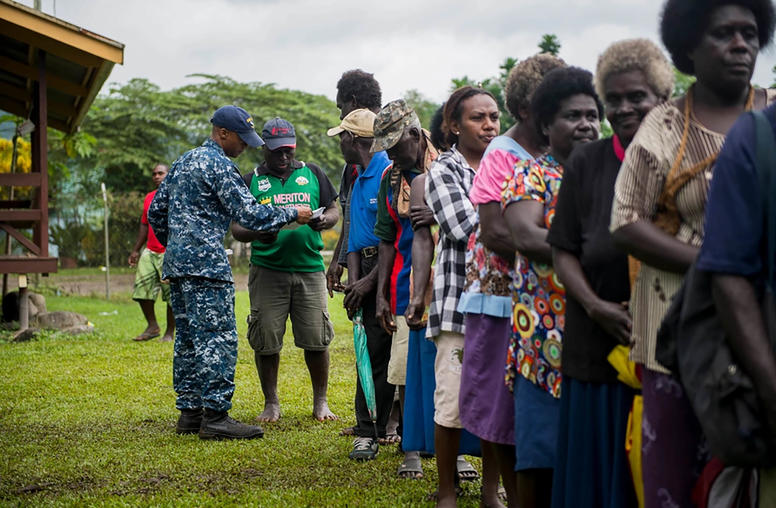
What Can Bougainville’s Independence Movement Learn from Timor-Leste?
Timor-Leste and Bougainville are two small, tropical island communities — one in Southeast Asia, the other in the South Pacific. While their culture and histories are distinct, they share a common political bond. They both voted overwhelmingly for independence in internationally sanctioned referendums, with Timor-Leste’s vote coming in 1999 and Bougainville’s in 2019. But only Timor-Leste, which is also referred to as East Timor, is now its own nation. What parallels does the path to self-determination in Timor-Leste hold for Bougainville as it looks to achieve the same goal?
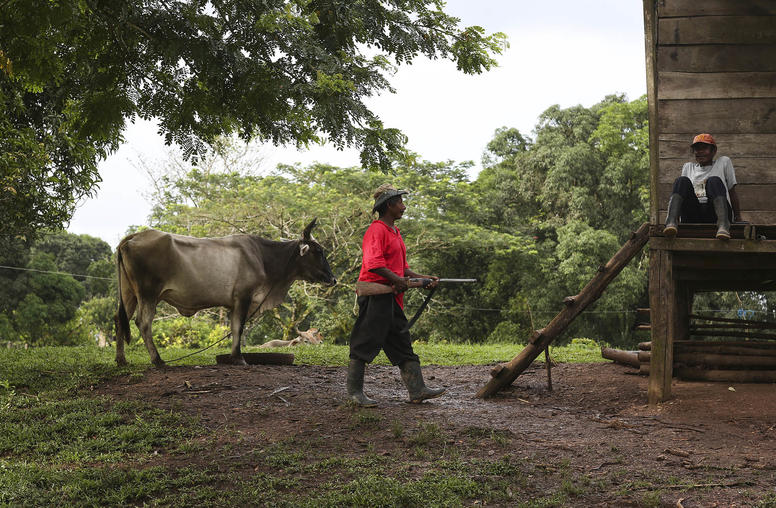
Earth’s best defenders are Indigenous. They pay a price: violence.
Little noted by the world, warfare in India’s northeastern state of Manipur this spring has killed hundreds of Indigenous people and uprooted more than 35,000 residents. This violence along the India-Myanmar border fits a global pattern, also little noted: For decades, some 80 percent of human conflicts have smoldered in the “biodiversity hotspots” where our planet’s flora and fauna are most threatened by battles for resources and wealth — and where Indigenous peoples suffer the violence while protecting humanity’s common ecological heritage. We should strengthen the world’s inadequate public attention and policies on this crisis, and 2023 offers a chance to do so.